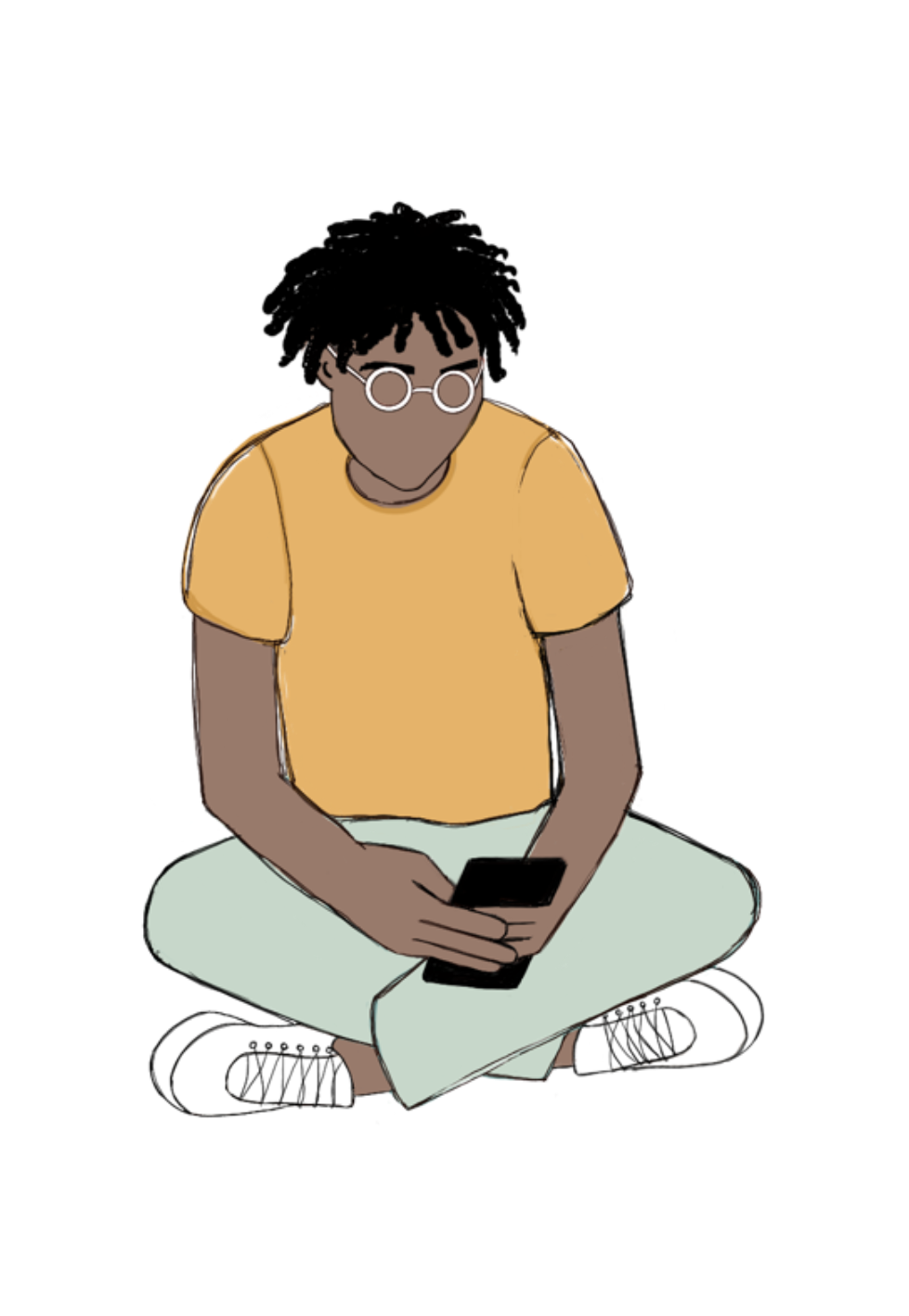#So.Me Study Timeline
#So.Me will happen in 5 key phases over three years:
We’ll be working with young people from schools across England throughout phases one - four.
If you’re school is interested in taking part, then click below to get in touch!
Glossary
Before you dig into the project timeline, there are a few words and phrases we think it is helpful to define.
Measure: a questionnaire made up of several questions with response options like 0-5, where 0 means “I disagree” and 5 means “I agree”.
Items: the individual questions that make up a measure (or questionnaire).
Delphi study: a study that consults experts and aims to generate agreement amongst them, considering a particular issue.
Piloting measure: a pilot measure is simply a ‘‘first draft’. ‘Piloting the measure’ involves a small scale ‘testing’ of this draft to make sure it works as we expect it to.
Objective assessment: drawing conclusions based on observations and measurements from social media.
Psychometric analysis: psychometrics is the study of psychological measurement, considering the theory and practice of developing, administering, assessing, and interpreting psychological variables, such as personality traits, cognitive skills, and intelligence.
Validation: checking or proving the accuracy of something.
Phase One: Item Development
February 2023 - September 2024
Phase one involves multiple strands, as outlined below. The data we collect in this phase will be used to inform a first draft of possible questionnaire items.
-
We held group discussions with young people in years 7 - 10 to find out how they engage with social media and what their experiences are.
These group discussions have helped us to understand not only how and why young people use social media, but also what they think the key issues and benefits are. This learning has shaped the questions we asked in the Delphi study.
Find out what young people told us here.
-
The Delphi study brought together adult experts on social media and mental health, and young people as ‘experts by experience.’
We asked them to rate what they thought the most important social media experiences were in relation to mental health, allowing us to look at differences and similarities in opinion across adults and young people.
Take a look at the study summary here to find out where young people and adults agree and disagree.
-
Using a new and secure smartphone app, we asked young people to share their daily experiences of social media use, thoughts, and emotions.
-
We will explore whether young people’s social media comments can be used to understand their emotions. Combining this data with data from the app will help us to understand what behaviours may be related to reduced mental health issues and improved wellbeing.
Phase Two: Item selection
October 2024 - December 2024
Phase two will test the possible items generated in phase one, to see which are most appropriate. This phase is also an opportunity to make sure items are worded appropriately and are easy for young people to understand and respond to. Phase two will result in a pilot measure ready for testing.
-
All items will be tested for language and reading age. This will help us to ensure they are appropriate for the intended audience.
-
Interviews with young people will gather their views on the content, readability of items, as well as provide insight into how they interpret what is being asked.
Phase Three: Piloting
January 2025 - March 2025
Phase three is where we pilot the measure. As well as asking young people to complete the self-report questionnaire, we’ll collect objective smart phone data to help us validate the measure via objective assessment.
The data collected through the stages outlined below will be subjected to psychometric analysis to identify poor performing items, and establish evidence for the quality of the measure.
-
The measure will be piloted in schools across England, during Children's Mental Health Week 2025.
-
A similar app to that used in phase 1 will be used again with a subset of 150-200 young people from the 1500 young people in the pilot. We will use the app to ask young people to share their daily experiences of social media use, thoughts, and emotions.
Once again in this phase, we will explore whether young people’s social media comments can be used to understand their emotions. Combining this data with data from the EMA will help us to understand what behaviours may be related to reduced mental health and improved wellbeing.
Phase Four: Validation
July 2025 - October 2025
Some changes will be made after phase three, so phase four is important to confirm how useful the measure is. We’ll work with a new group of young people to test the measure, and conduct another round of psychometric testing on the results.
Phase Five: Manualisation
November 2025 - January 2026
Phase five is about developing a technical manual to help others use the measure. we’ll be publishing the study data and app so other researchers can re-use it in their own work.
We’ll also be sharing the study’s key findings, through the project partners and at special events.
Once this phase is complete the #So.Me study will come to a close and the measure will be available for researchers to use with young people. An important next step will be to use the measure to collect data, so we can better understand how young people experience social media and how this relates their mental health and wellbeing.







